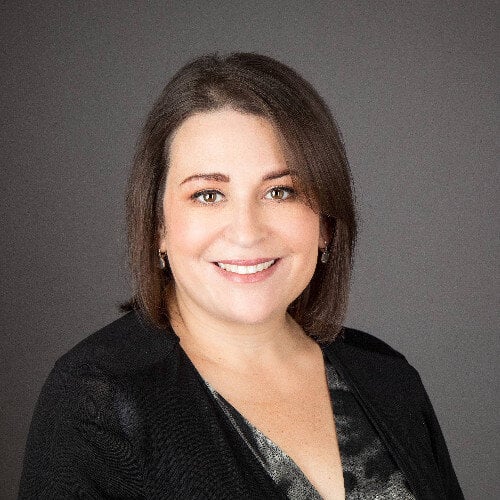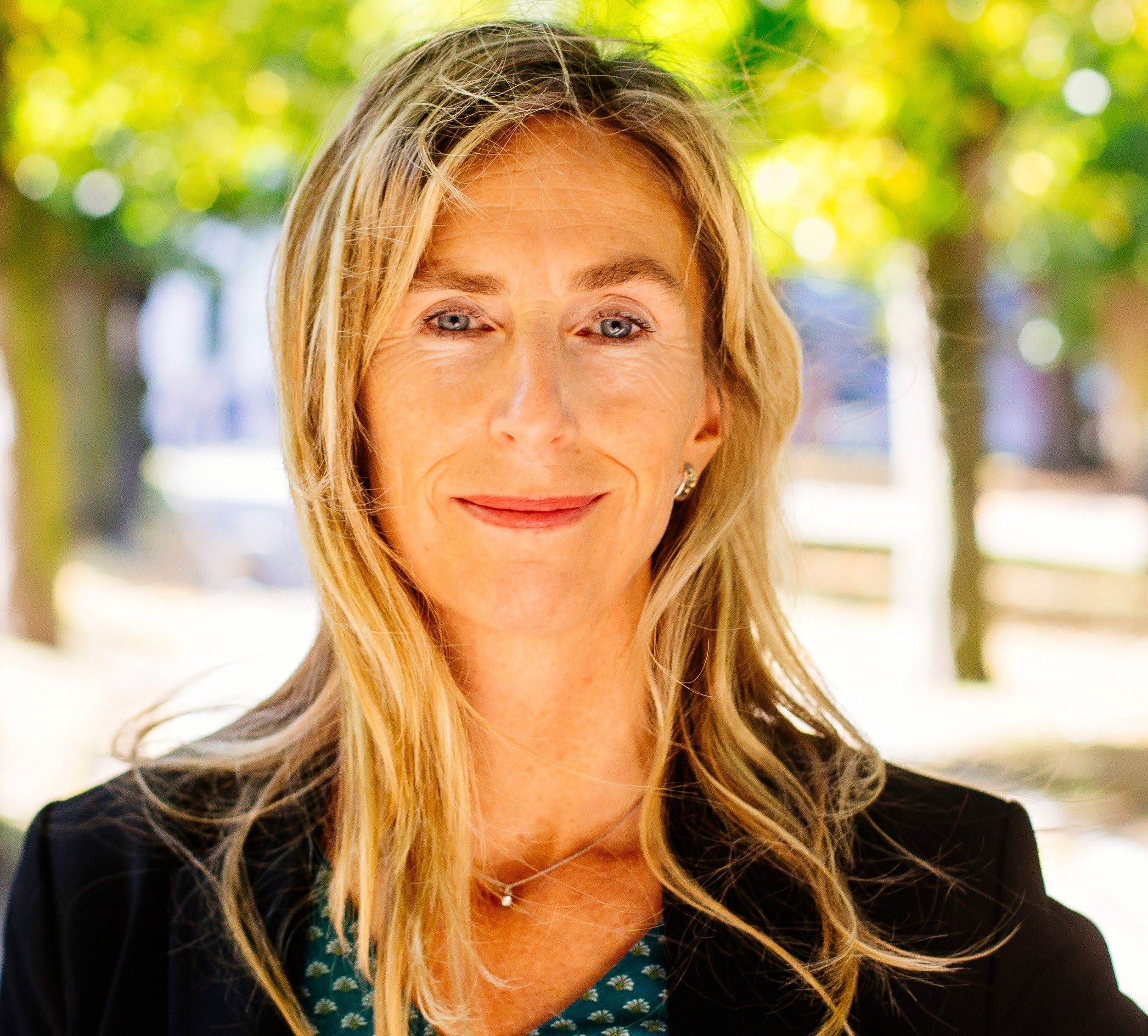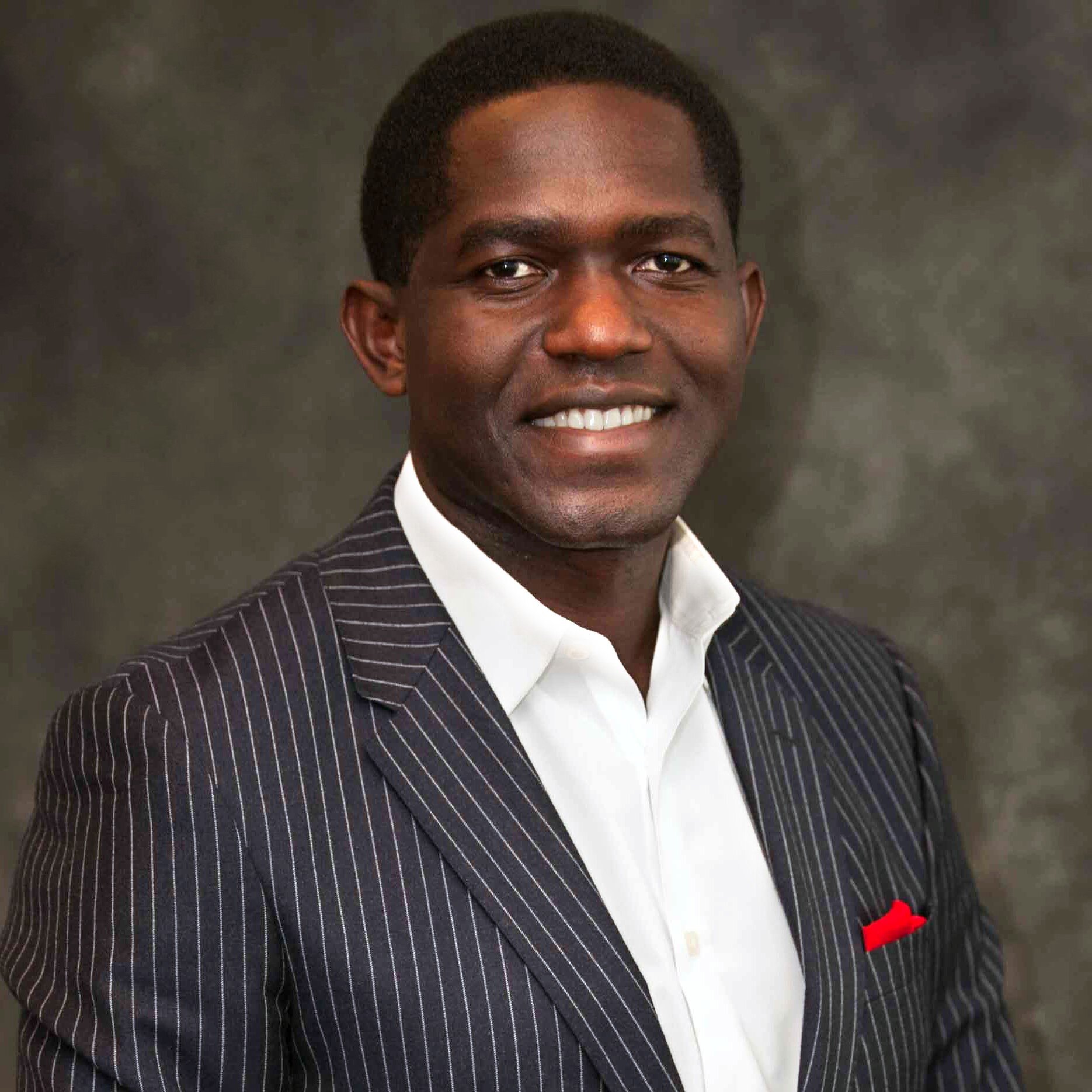3 min read
Bess Joffe | Head of Responsible Investment, Church Commissioners for England
Phenix Capital May 25, 2021 8:39:01 AM

WHAT HAS BEEN YOUR JOURNEY INTO IMPACT INVESTING?
When I started my career ESG existed – neither the acronym nor the field. I am a lawyer by training, but during and after law school, I worked for a company that provided proxy advisory services specifically on corporate governance matters. I really enjoyed the work because we were making a difference by helping large funds to make better-informed decisions about voting. Rather than going back to practising law, I decided to continue working in this space and I was lucky to join a team at Federated Hermes that was focused on stewardship just as it was becoming a standalone service for external clients. It was really exciting to accompany clients at the start of their ESG journey. A lot has changed since then, especially a shift of focus from policies and procedures to output and outcomes. Where I am sitting now, at the Church Commissioners for England, we are very focused on the real-world impacts of our investments across all asset classes. That is such an important message not only because of who we are as an investor but also for our beneficiaries, the Church of England, who want to make sure that we add value to this world and to the experience of living in it.
HOW DO YOU SEE THE ROLE OF FAITH-BASED ORGANISATIONS IN THE IMPACT INVESTING SPACE?
I think faith-based investors were amongst the first to really engage in impact investing or socially responsible investing, where there is a focus on aligning with values and not just on value creation. There is an inherent understanding that as a member of a faith, the work that your investments are doing on the ground must be focused on the values that your faith brings to the world. If you think back to South Africa during apartheid, faith-based investors were on the ground trying to engage with companies operating there long before many others. There is clearly this amazing tradition that faith-based investors have to experiment and innovate since they always had the implicit buy-in of their beneficiaries.
CAN YOU HIGHLIGHT SOME OF THE LEARNINGS FROM THE ASSESSMENT OF CHURCH COMMISSIONERS FOR ENGLAND’S MULTI-ASSET PORTFOLIO IN TERMS OF IMPACT ALIGNMENT?
One of the main key takeaways is that nobody has this completely figured out yet. Another takeaway is that it is an incredibly nascent area of work and that a lot of experimentation and discussion still needs to happen in order to hone the approach. The final piece is that it is incredibly challenging, which comes mostly from the differential data that is available across asset classes. We are currently trying a number of tools with our internal and external managers to improve the data we collect and therefore better inform our ability to assess our impact across asset classes. All investors are facing this challenge but it is good to remind ourselves that ESG reporting has greatly improved in the past 15 years and impact reporting will naturally follow suit. Although we really have to roll up our sleeves and be dedicated to working closely with fund managers, I think there are going to be big developments in the next 24 months as it is a quickly evolving space.
WHAT HAS BEEN A HIGHLIGHT OF YOUR CAREER?
What I bring to the table that is probably pretty unique is that I have been on the corporate side as well as the investor side, and in different roles. That gives me an edge in understanding how to effect change on either side of the table. Most importantly, as an investor, I really understand the questions to ask to decipher the company culture and understand the kinds of tools needed to help companies to influence the change that investors are seeking. I think a lot of investors do not necessarily have first-hand information on how hard that can be inside a large public company. These experiences have empowered me to not only be more effective in my own communications with corporates in my current role but also to be helpful to the investor space. I hope to give people an inside view of how a request or a conversation could be taken but also how to be dynamic, nimble, and able to pivot. Understanding culture and people gives investors the best baseline for trying to influence improvements, more than any other kind of factual argument you might put in front of somebody.
WHAT ARE YOU MOST LOOKING FORWARD TO IN THE COMING YEARS?
At the Church Commissioners for England, we are focused on two thematic pillars: respect for people and respect for the planet. On the environment side, we see a real opportunity to not only continue our program around climate change but to build on that and focus on protecting natural capital across all asset classes. On the people side, we will continue to focus on human rights, diversity and inclusion and promoting just transition. We also are paying attention to topics such as the impact of artificial intelligence and the fourth industrial revolution on the workforce of the future. There is so much talent that is waiting to be unlocked within companies and as long-term investor, we need to have all the best people to be able to solve these people and planet issues.
About the Church Commissioners for England
The Church Commissioners for England exist to support the work and mission of the Church of England today and for future generations, helping it to remain a Christian presence in every community. The Commissioners manage an £8.7bn investment fund.
Christian Bausch, Associate Director Boehringer Ingelheim Social Engagement, Boehringer Ingelheim Corporate Center GmbH
Note: Christian Bausch is sharing his personal thoughts. They do not reflect the views of Boehringer Ingelheim.

